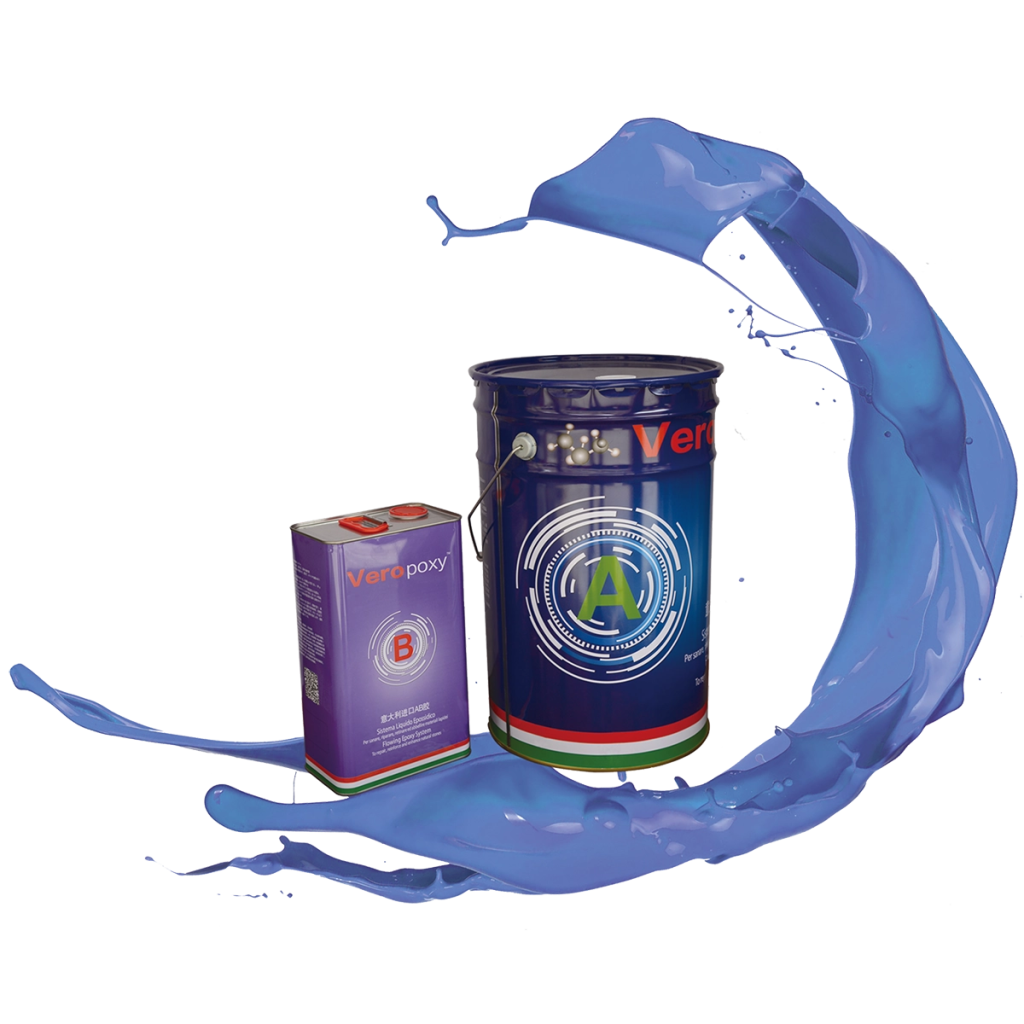One often used adhesive and protective tool is epoxy resin. Its great strength and chemical resistance make it extensively employed in many different industrial, home, and creative spheres. Still, how well it works outside? This issue concerns the performance, UV resistance, water resistance, application, and maintenance needs of epoxy resin.
Basic qualities
Made via the interaction of epoxy and amine groups, this high molecular polymer boasts strong water resistance, adhesion, and chemical corrosion resistance. Its rigid and translucent qualities after curing make it well-liked in many uses. Strong and great adherence helps to shield the covering’s surface from physical and chemical degradation. But whether these qualities can be maintained in outdoor surroundings calls for consideration of their weather resistance—that is, if they can be subjected to prolonged sunshine, rain, and temperature fluctuations.
Performance against UV light
Usually, anti-ultraviolet problems arise in outdoor projects. Epoxy resin may be photodegraded by UV radiation, which shows up as yellowing, surface cracking and embrittlement, therefore influencing its physical qualities and appearance. Applying a UV-resistant transparent coating helps to minimise the impacts of sunlight in outdoor settings; but, this protection is only temporary and extended exposure will still damage. For long-term outdoor uses such flooring, furniture or sculptures, epoxies with UV-resistant ingredients are thus better suited.
Epoxy resin temperature sensitivity and resilience against weathering
Extreme temperature fluctuations in outdoor situations are common, hence epoxy resins may fracture and distort during thermal expansion and contraction—especially in places with notable temperature variations. While for places with significant temperature variations, especially designed weather-resistant epoxies are needed to retain structural integrity, generally the hardness of epoxy resins after curing makes them appropriate for use in situations with somewhat stable temperatures. Furthermore mentioned should be the fact that heat buildup accelerates UV light impacts applied to the surface or outside walls, therefore causing quicker ageing and damage.
Resistance to water
Usually having strong water resistance, the cured layer is suitable for usage in humid conditions or aquatic surroundings as well as for certain temporary submerged projects. Long-term immersion or humid settings, however, might cause the epoxy resin coating to progressively degrade; if small cracks show on the surface, water infiltration would induce delamination. Thus, frequent sealing and maintenance will be essential steps to guarantee its long-term endurance when employed in outdoor humid conditions.
Use in outdoor décor
In the realm of outdoor décor, epoxy resin still offers numerous benefits even if UV resistance and weather resistance have restrictions. For instance, with sensible coating and protection, outdoor tabletops, sculptures, and ornamental flooring may provide brilliant sheen and great visual impacts. Furthermore, certain local embellishments of outdoor furniture and crafts may also employ epoxy resin to get a sturdy and clear surface. But in these uses, when choosing epoxy resin, one must take regular maintenance and examine the anti-UV additive concentration.
improved antioxidant composition
Epoxy resin products with antioxidant components have been produced on the market to improve the service life in outdoor surroundings. These products include anti-UV and antioxidant components to slow down the epoxy resin breakdown rate under UV ray action. The improved recipe is especially suited for outdoor coatings and protective constructions, like pool coatings and outdoor decking, even if it cannot totally prevent ageing.
Chemical resistance against corrosion
In outdoor settings, corrosion of the material may result from air pollution, acid rain, chemicals including bird droppings. It is suitable for uses exposed to acid rain and industrial pollution as the great chemical inertness can effectively resist acid and alkali corrosion. But in very corrosive coastal settings, salt can hasten material ageing. In this situation, either use of more corrosion-resistant epoxy resin types or consistent maintenance is needed.
primary upkeep in outdoor uses
Regular maintenance is needed in outdoor applications to maintain best condition. Even UV-resistant epoxies may progressively age because to the ongoing activity of external elements like UV radiation and temperature variations. Consequently, particularly in places exposed to sunshine, outdoor epoxy products often need to be re-coated every few years. Furthermore, outside areas should have cracks and peeling fixed quickly to increase the epoxy resin’s service life.
Examples of outside application
Typical outdoor uses call for garden sculptures, swimming pool liners, and outdoor furniture. For instance, epoxy resin—which is not only waterproof but also corrosion-resistant—coats the inner wall of a swimming pool from pool cleaners. High transparency and UV-resistant chemicals let outdoor sculptures remain beautiful and robust. Although annual UV protection maintenance is needed, epoxy coating protection may boost the surface shine and make outdoor furniture more appealing.
Environmental use
In the framework of sustainable development and environmental preservation, outdoor use also has to take environment effect into account. Low-volatile goods that satisfy environmental criteria should be chosen as much as feasible when selecting outdoor epoxy resin materials because the chemical components and curing agents it comprises may influence the environment during long-term deterioration. Research and development of bio-based epoxy resins has slowly surfaced in recent years as a more ecologically friendly alternative; commercial acceptance of these materials in the outdoors has also progressively grown.

In outdoor uses, epoxy resin has specific restrictions as well as great benefits. While the mix of UV-resistant compounds might enhance its performance in the sun, its water and chemical resistance qualifies for humid and filthy surroundings. Long-term outside exposure may, nonetheless, cause ageing and failure even for improved epoxy resins. Thus, frequent maintenance should be done to guarantee long-term and stable performance and a fair evaluation should be made depending on particular application criteria and environmental conditions when choosing.
Post time: 11 月-08-2024


